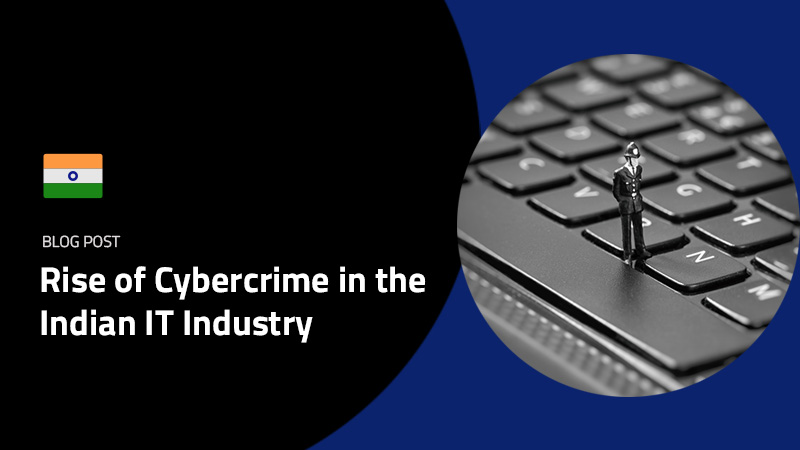A frequently overlooked but potentially devastating aspect of Thai law makes employers liable for illegal communications sent by their workers.
Thailand’s Civil and Commercial Code makes employers liable for wrongful acts committed by employees. This includes defamation and lèse majesté laws. Malaysia recently strengthened its sedition law, which bans speech that incites religious hatred. Denmark and other European countries have their own lèse majesté laws.
It’s a terrifying prospect to be held liable for an employee posting something illegal in a Web forum or elsewhere. It can lead to costly lawsuits, criminal charges and even jail time.
How can you solve this problem?
One sure-fire way to keep an eye on employees is to log their keystrokes.
By watching everything that workers type, employers can be certain that nothing inappropriate or illegal is being posted using company machines on company time.
Employee Monitoring Software to the rescue
Certain software packages allow employee monitoring. But not all of them let employers track their workers at such a minute level of detail.
Let’s take a look at the possible solutions to this issue.
For example, ActivTrak is a free download. It tracks some activity on a computer, but not all. It can be set up to block access to certain websites, but ActivTrak does not capture keystrokes.
“ActivTrak doesn’t have an ability to capture passwords or keystrokes,” it says on its website. “ActivTrak is a productivity monitoring software and we plan to keep it this way.”
However, employee monitoring and tracking software KnowIT is able to monitor keystrokes. It’s easy to install and can be used immediately. It also gives employers detailed reports on what each of its workers are doing.
Some of the key features that KnowIT allows:
- Keylogging
- Email/webmail monitoring
- Instant Messenger monitoring
- Search alerts
KnowIT supplies employers with the highest levels of protection possible. Please go to our website for more information.






